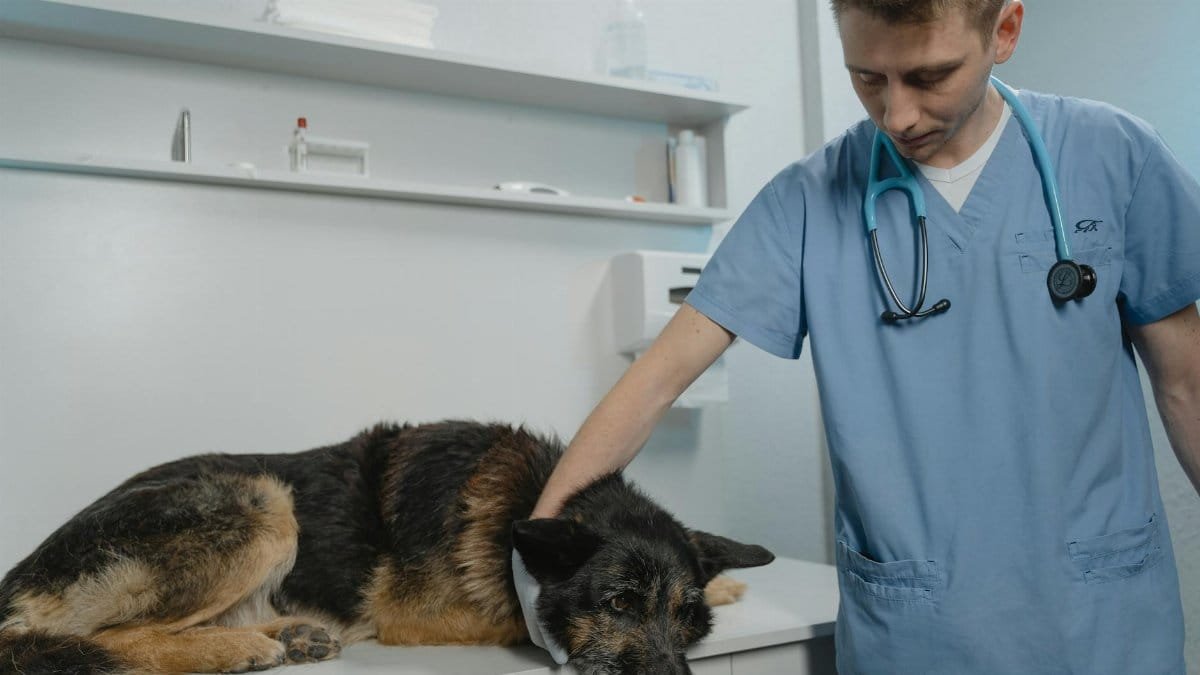Ever catch your dog twitching or whimpering in their sleep and wonder if they’re chasing dream rabbits? The science behind do dogs dream is clear: yes, dogs likely dream, and researchers have the data to back it up. Studies show that during REM (rapid eye movement) sleep, a dog’s brain activity mirrors patterns seen in humans when we dream. This suggests they’re processing daily experiences—maybe that squirrel they couldn’t catch. Here’s a 60-second breakdown of what science tells us about your pup’s nighttime adventures.
What Happens in a Dog’s Brain During Sleep?
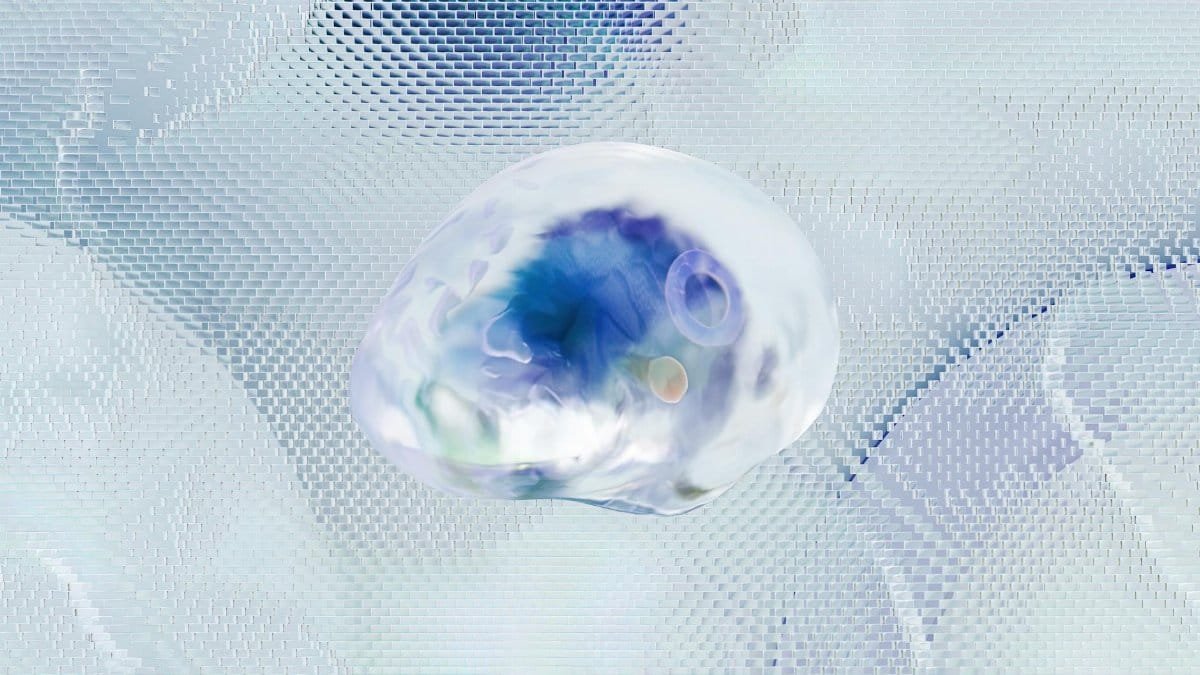
Dogs, like humans, cycle through different sleep stages, including REM sleep, where dreaming is most likely to occur. Research from institutions like Harvard Medical School indicates that during REM, a dog’s brain waves resemble those of a dreaming human. Their eyes dart, paws twitch, and they may even vocalize. This activity suggests mental imagery or memory replay, a key component of dreaming, according to studies summarized by Harvard Health Publishing.
Do All Dogs Dream the Same Way?
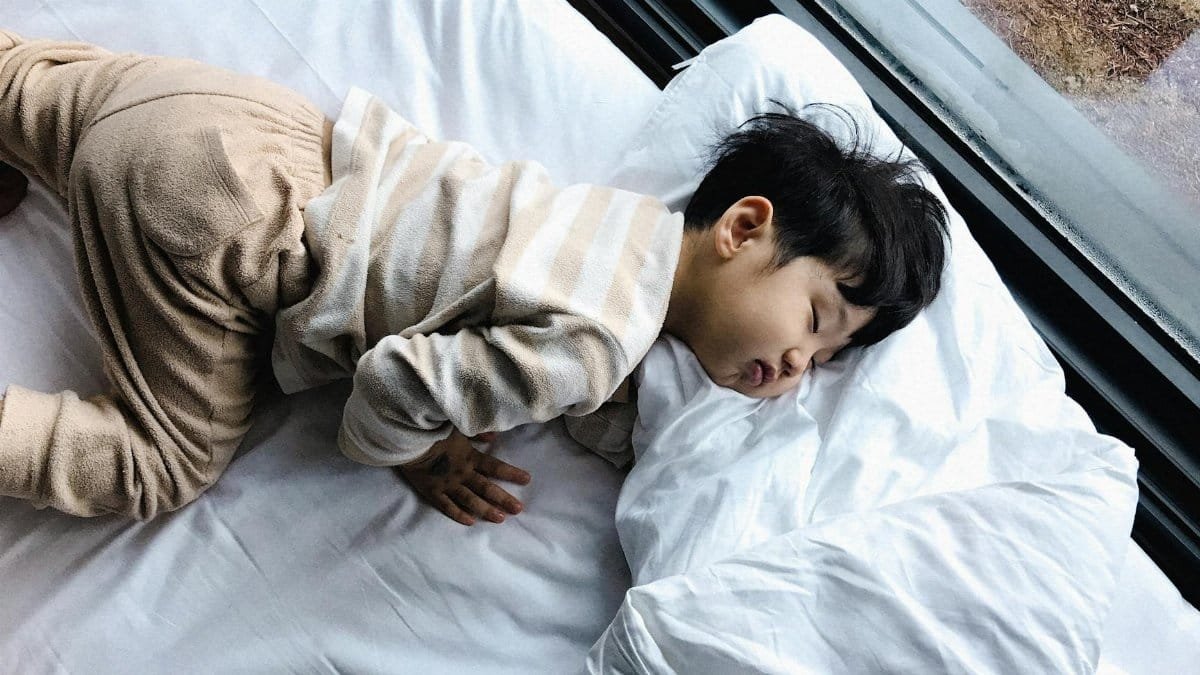
Not exactly. Smaller dogs and puppies tend to dream more frequently than larger breeds, with REM cycles occurring every 10 minutes or so. Larger dogs might only hit REM every 20-30 minutes. Age plays a role too—puppies, with their developing brains, dream more as they process new experiences. This variation, noted in canine sleep research, shows that do dogs dream science isn’t one-size-fits-all.
What Are Dogs Dreaming About?
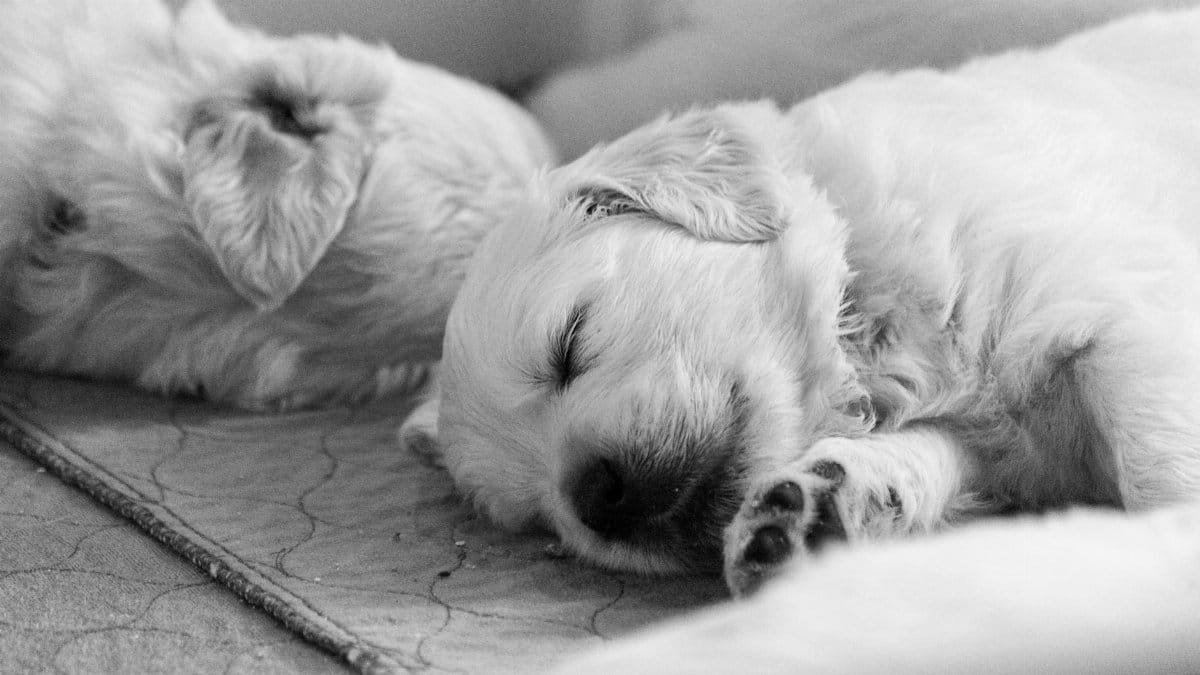
While we can’t ask them, scientists believe dogs dream about familiar activities—running, playing, or interacting with their owners. A 2016 study highlighted by the American Kennel Club suggests dogs mentally rehearse daily events during sleep. So, if your dog’s paws are paddling, they might be reliving that epic park chase.
Can Dreams Affect a Dog’s Behavior?
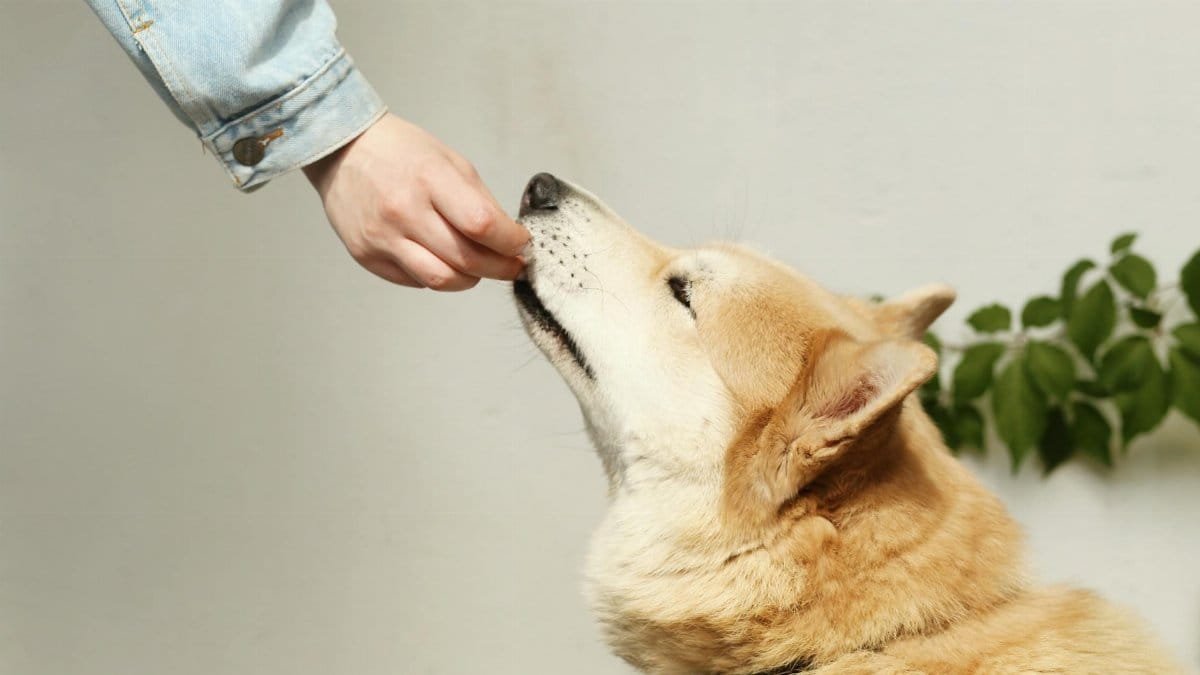
Occasionally, yes. A dog might wake up startled or confused after an intense dream, especially if it involves stress or excitement. Vets note that while rare, some dogs may act out dreams physically—think sleep-running into a wall. If this happens often, it could signal a sleep disorder worth checking with a professional.
Should You Wake a Dreaming Dog?

Experts advise against it. Interrupting REM sleep can disorient your dog, potentially causing a defensive reaction like a snap or growl. If you must wake them, do it gently with a soft voice from a safe distance. Sleep is crucial for their mental health, just as it is for ours, and preserving those dream cycles matters.
How to Support Healthy Dog Sleep?

Ensure your dog has a comfortable, quiet sleeping space to encourage restful cycles where dreaming can happen naturally. Regular exercise also helps—tired dogs sleep deeper and hit REM more consistently. Stick to a routine; disruptions can mess with their sleep patterns. Understanding do dogs dream science means giving them the rest they need to process their day, dream or not.
